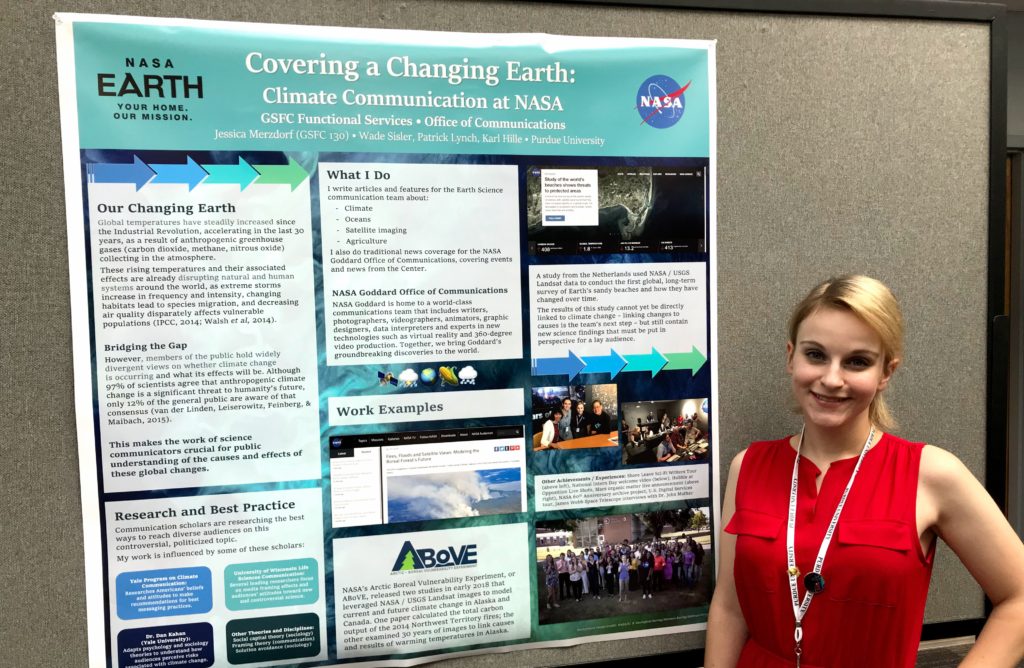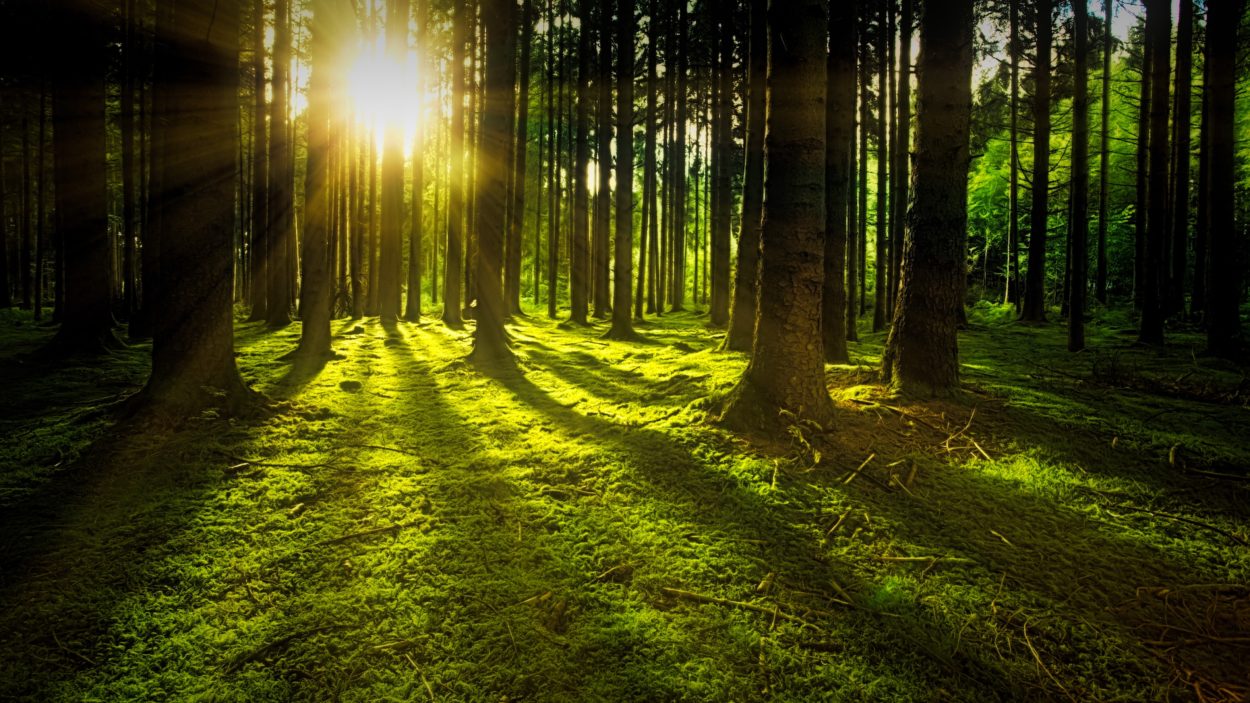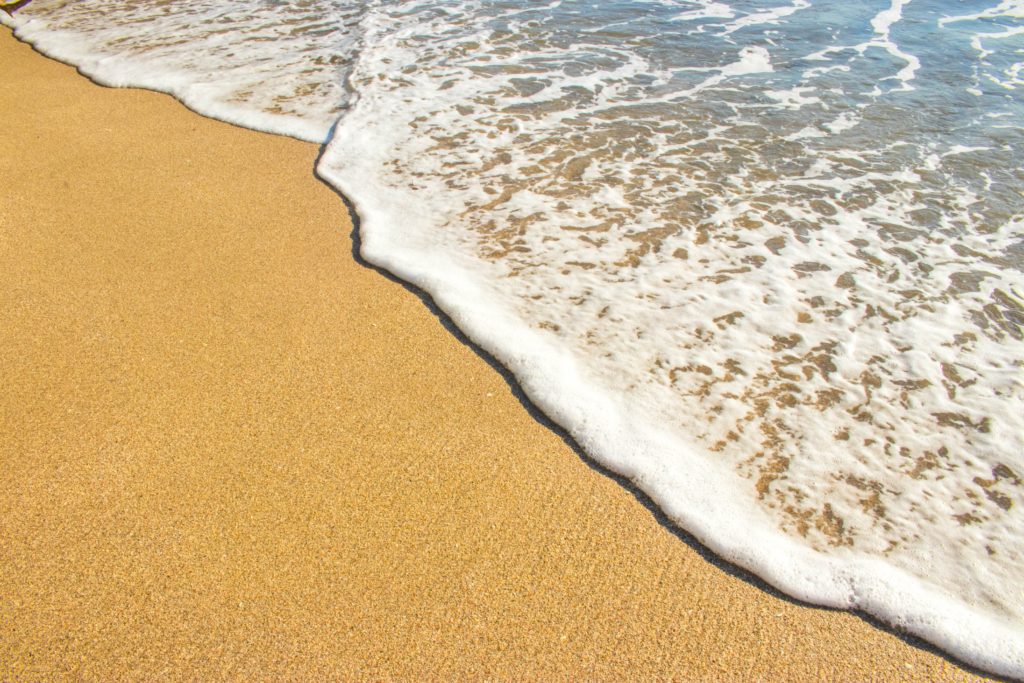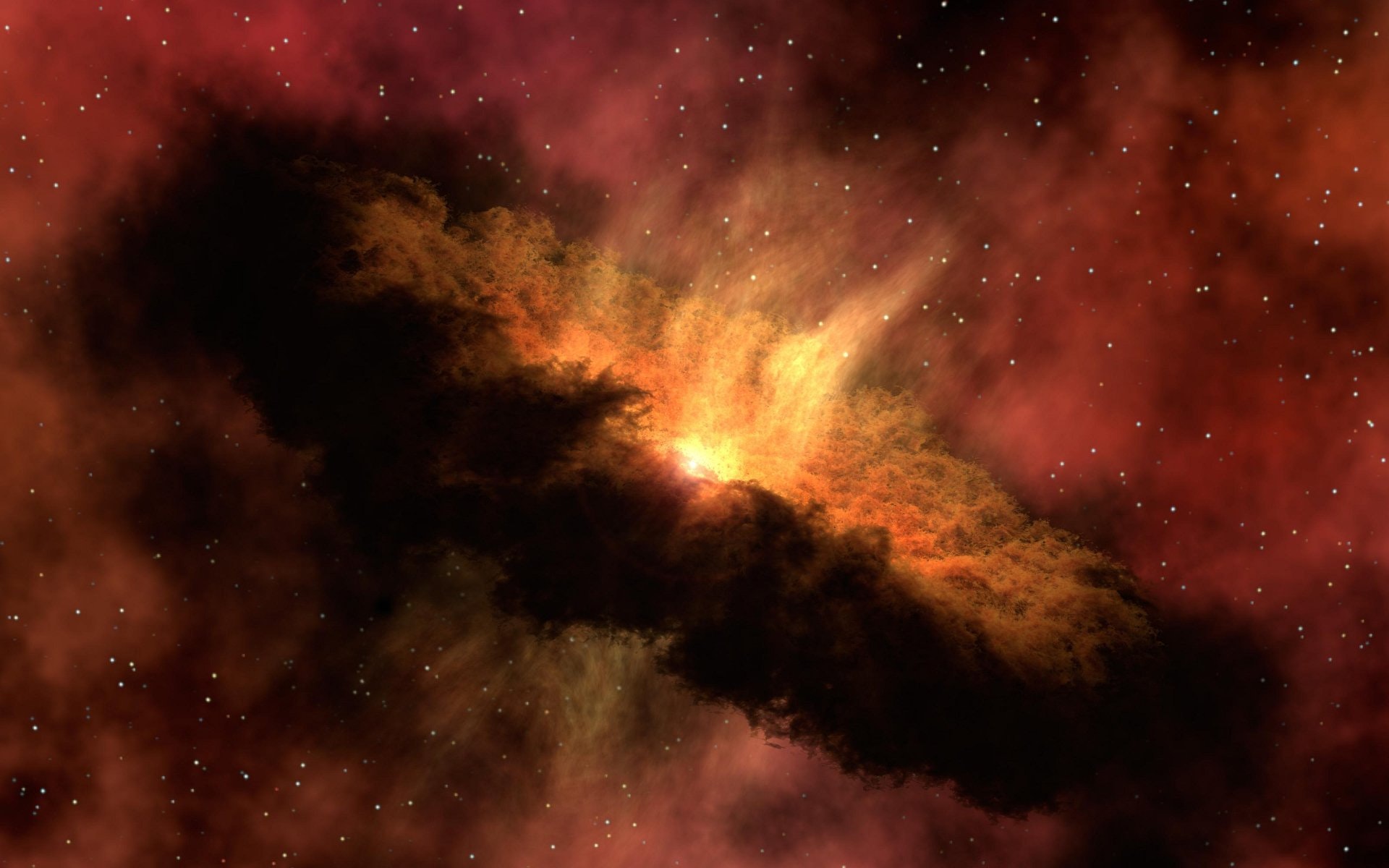ASEC graduate student’s NASA journeyst level in two years as farm financial conditions worsen
Someplace between Bill Nye the Science Guy and Ms. Frizzle of “The Magic School Bus” lies Jessica Merzdorf’s career sweet spot.
Merzdorf is a Purdue University graduate student with the Agricultural and Sciences Education and Communication Department. She studies science communication with Linda Pfeiffer, specializing in climate change communication. She was drawn to the field by a love of science and desire to explain complicated information to the general public.
“Science underlies the vast majority of the things we do and interact within our daily life, and if people are more familiar with the science out there they are better equipped,” Merzdorf said. “That’s what excites me about science communication, not just the process of translation, but the fact that I’m empowering people and hopefully helping them become better citizens.”
And Merzdorf, who will graduate in December, took a major step towards furthering her skills last summer when she interned for NASA at the Goddard Space Flight Center in Greenbelt, MD. She was one of six college interns selected to work as a journalism, social media and multimedia intern with the center.

Merzdorf worked with the Earth Science Division, which studies Earth from the vantage point of space or airplanes, including observations on the ground and computer models. She mainly wrote about research that used information from satellite programs, like Landsat, which collects data to track long-term changes in land use, precipitation, climate change and ecosystems. Merzdorf worked closely on communications for the ABoVE project, an initiative focused on understanding and monitoring changes to Arctic ecosystems and environs.
During her 10-week internship, Merzdorf said she gained an appreciation for the scope of communications at an institution like NASA and also the gravity (no pun intended!) of communicators’ roles within that setting.
NASA Goddard’s newsroom is very much like a traditional newsroom setting, with constant activity and a fast turnaround on articles and content, Merzdorf added, but instead of only relaying current events, NASA communicators break down actual rocket science for the public. The ability to quickly gain comprehension in a variety of technical areas is something Purdue prepared her well for, Merzdorf said, and a skill she was happy to have in the NASA newsroom.
One of Merzdorf’s greatest takeaways from her internship was something she wasn’t expecting: Confidence. It’s easy as a science writer, she explained, to doubt yourself and wonder if you are portraying research and advancements appropriately. Interning with one of the most respected and renowned purveyors of science in the world, however, can be a major confidence-booster.
Check out these stories by Jessica Merzdorf:
“I really learned how to better position myself as someone who knows what they’re talking about and realized it is okay to present myself as such.”
Merzdorf is going to require all these skills post-graduation. She recently accepted a position with Telophase Corporation, a company that contracts with NASA, as a Missions Science Writing and Support Specialist. In this role, she will focus on engaging the public with the Earth Science Division and developing digital and social media content to further this goal.
And, best of all, Merzdorf added, she’ll be returning to work at the Goddard Space Flight Center, a fitting site to launch her career.









